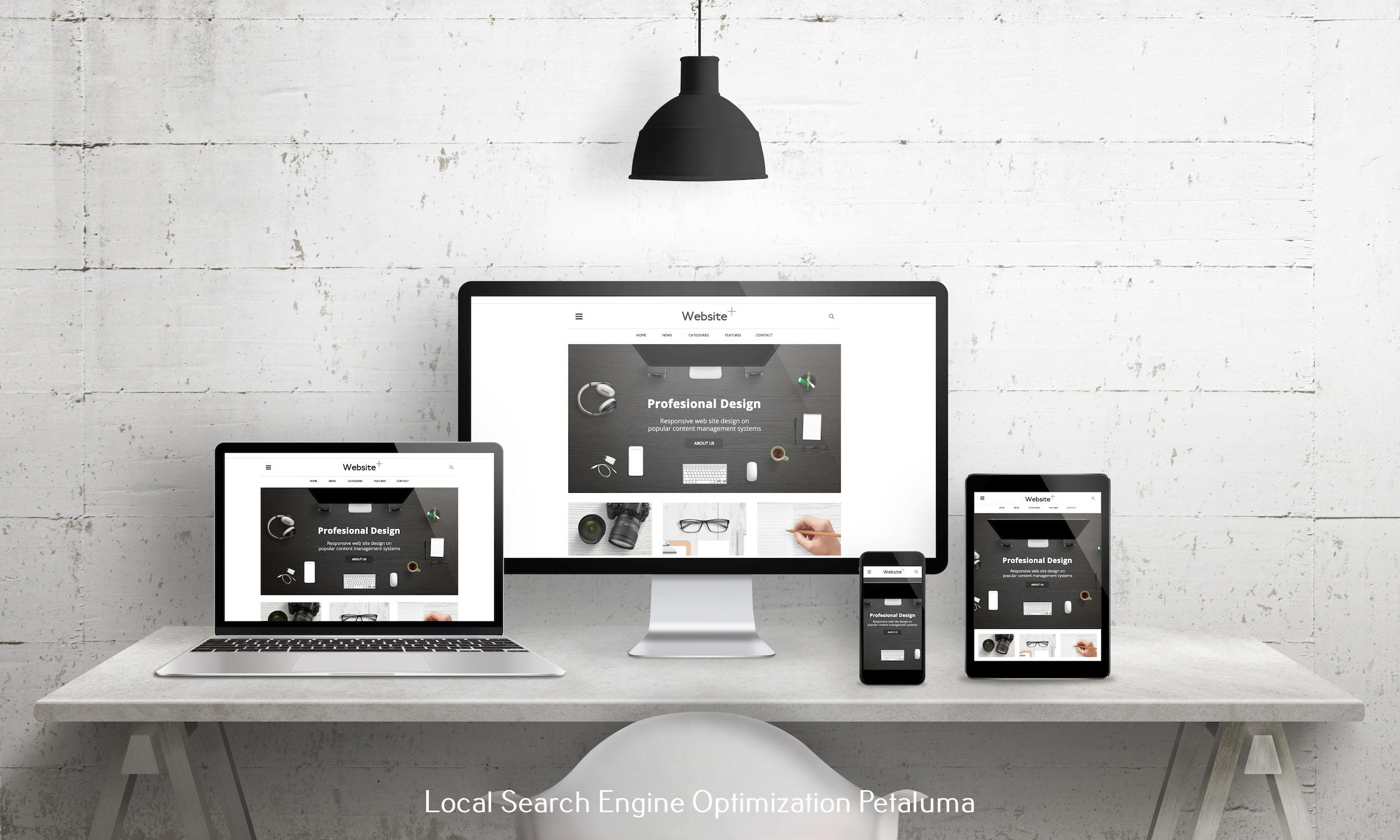The health of your website is important for SEO success. If your website isn't healthy, it won't show up in search engine rankings, and you won't get the visitors or conversions that you need to make a profit. One of the best ways to check the health of your website is to analyze its domain authority. Here's how to do it.
What is Domain Authority?
Domain authority (DA) is a metric developed by Moz that shows how likely a website is to rank on search engine results pages (SERPs). It's based on several factors, including backlinks, content quality and keyword relevance. A higher domain authority score indicates that the website is more likely to rank well for relevant keywords and phrases.
Why Analyze Domain Authority?
Analyzing domain authority can give you insight into how well your website is performing in terms of SEO. It can help you assess the strength of your website's link profile and identify areas where you need to improve in order to increase traffic and conversions. It can also be used as a benchmark for measuring progress over time – if you see improvements in DA over time, it means that your efforts are paying off and you're on track for better SERP rankings.
How To Analyze Domain Authority
There are several different tools available that allow you to analyze domain authority quickly and easily:
• Moz’s Open Site Explorer: This tool allows you to input any URL or domain name into its search box and instantly view detailed information about its DA score, as well as links pointing into it (backlinks) and links pointing away from it (outbound links). You can use this information to evaluate the strength of your link profile or compare it with other websites in order to gain insights about their own link strategies.
• Majestic SEO: This tool provides an overview of both external backlinks pointing towards a website as well as internal backlinks within a site itself. It also offers data about anchor text distribution so that users can identify patterns in keyword usage which could be beneficial for improving SEO performance over time.
• Ahrefs: This powerful tool provides detailed information about both incoming links pointing towards a given URL or domain name as well as outbound links pointing away from it. Ahrefs also offers data about anchor texts associated with particular URLs so users can identify patterns in keyword usage which could be beneficial for improving SEO performance over time too.
• SEOMoz Pro: SEOMoz Pro provides an even more comprehensive suite of analysis tools than those already mentioned above. In addition to basic metrics such as page rank, domain authority scores, external backlinks etc., SEOMoz Pro also offers users insights into social media engagement levels and web traffic sources; this allows them to gain even greater insights into their own websites’ performance relative competitors’ sites or industry benchmarks overall SEO health checks become even more precise when using SEOMoz Pro’s advanced analytics capabilities!
Conclusion
Analyzing domain authority is one way of gaining insight into how well your website is performing compared with others within its niche or industry sector overall – by understanding where its strengths lie relative competitors’ sites, marketers can tailor their strategies accordingly in order improve SEO rankings going forward! Using one (or preferably all) of the tools mentioned above will enable them gain an even greater understanding digital marketing campaigns' success rate too!





































0 Comments